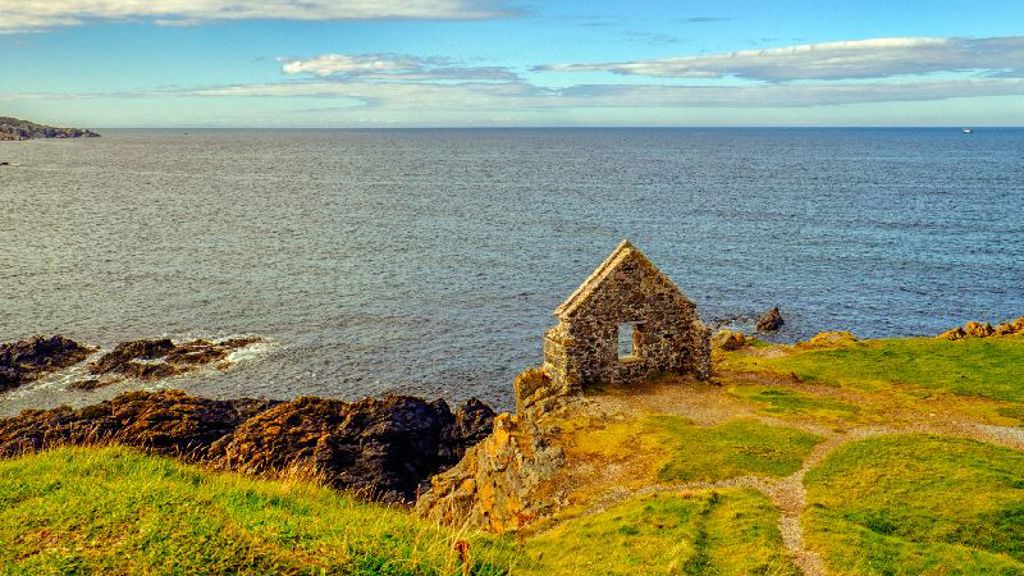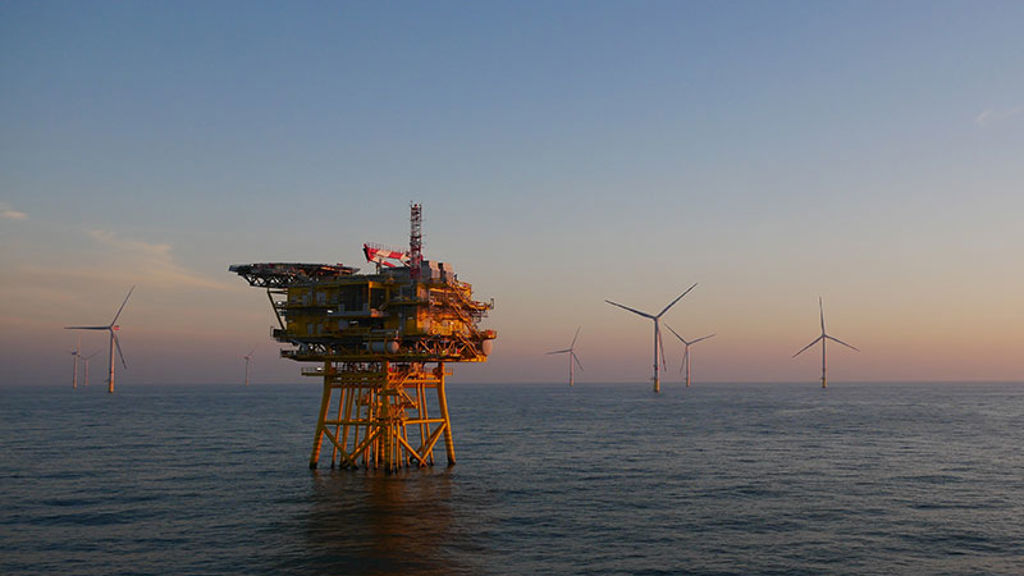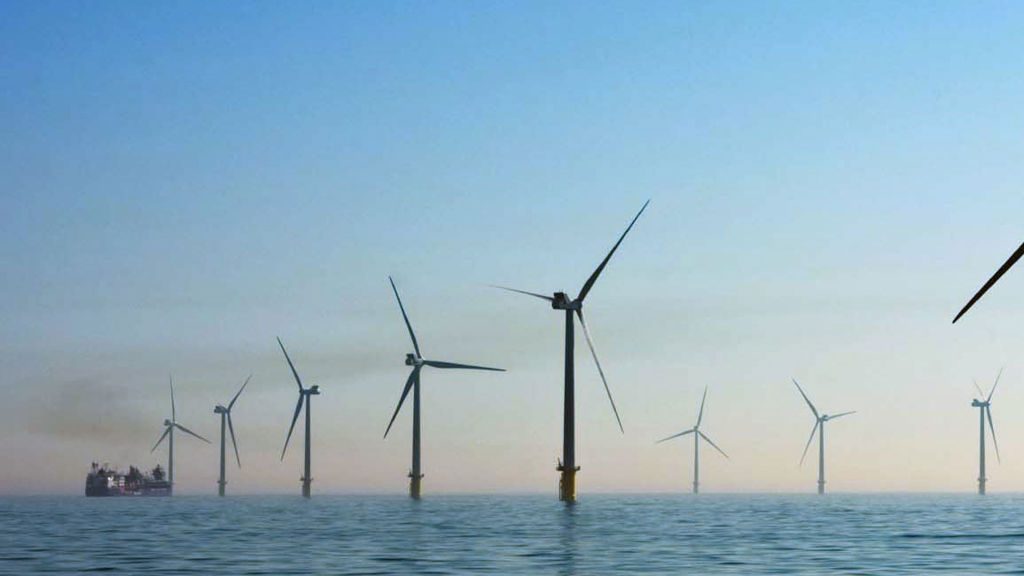The energy transition is the greatest challenge we face today. With a maritime area seven times the size of its landmass, Ireland’s wind conditions make offshore wind a key enabler in achieving the country’s Climate Action Plan, targeting 80% renewable electricity by 2030.
Arup’s civil and electrical engineers, engineering geologists and offshore structures specialists worked closely with leading blue economy project developer Simply Blue Group, on pre-FEED (front-end engineering design) works for a 1.35GW floating offshore wind farm, Western Star.
Located 35-60km off the west coast of Clare, Western Star will harness the vast wind potential of the Atlantic Ocean to produce zero-carbon electricity by 2030, with the capacity to power over 1,000,000 homes. The design will follow international best practice to minimise the impact on marine life.
Viable options for power transmission
To unlock the potential for commercial scale floating offshore wind in Ireland, the first step is to determine feasible options for mainland power exports. Arup’s energy and electrical engineers analysed the export to grid design scenarios, including risk identification and mitigation strategies to support the progression of Western Star. Utilising local supply chains is essential to minimise the Levelised Cost of Energy (LCOE) – the average cost of electricity generation for a generator over its lifetime. Western Star will promote Irish supply chain growth by minimising LCOE while maximising local supply of electrical components, substations and cables.
Following comparison of design scenarios, including electrical and structural infrastructure, offshore and onshore, we selected the preferred design scenario, including landfall and cable route selection. Our engineers then progressed with the pre-FEED design for the preferred scenario, further developing the design to reduce risks, establish the basis for procuring the FEED design and estimate the initial costs of the system.
Managing and mitigating ground risk
Designing offshore wind farms has a major impact on seabed ground conditions. Our ground engineers, supported by key partner SAND Geophysics, qualified the existing public datasets available in terms of usability and quality, making recommendations for future ground investigation campaigns.
Our role grew into an advisory role to establish the pre-FEED ground model for the Western Star site, specifying and supervising the reconnaissance survey acquisition, which was undertaken by cutting edge, unmanned surface vehicles. More recently, we’ve completed processing of the geophysical data and fed this back into an updated ground model.
This work will be used to refine the project development boundary and inform future, more targeted, site investigation campaigns.






